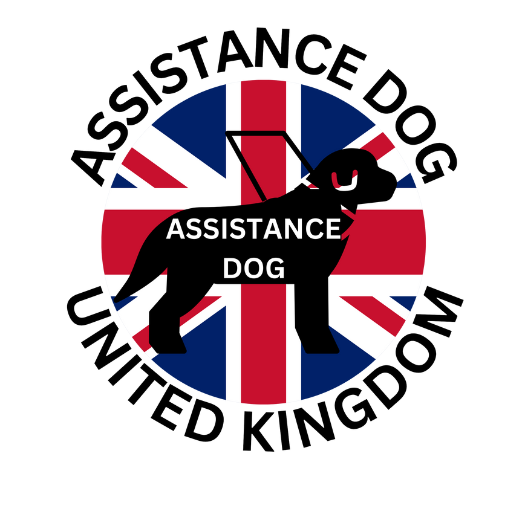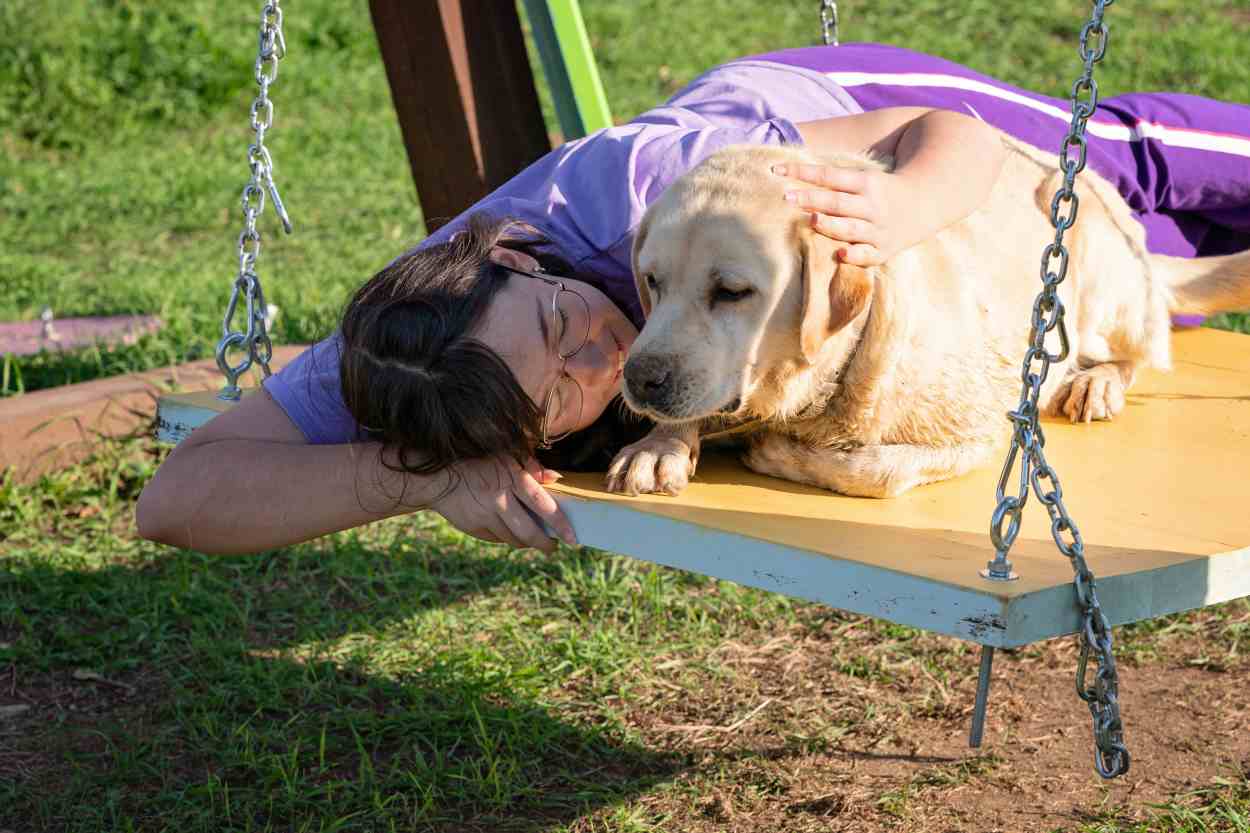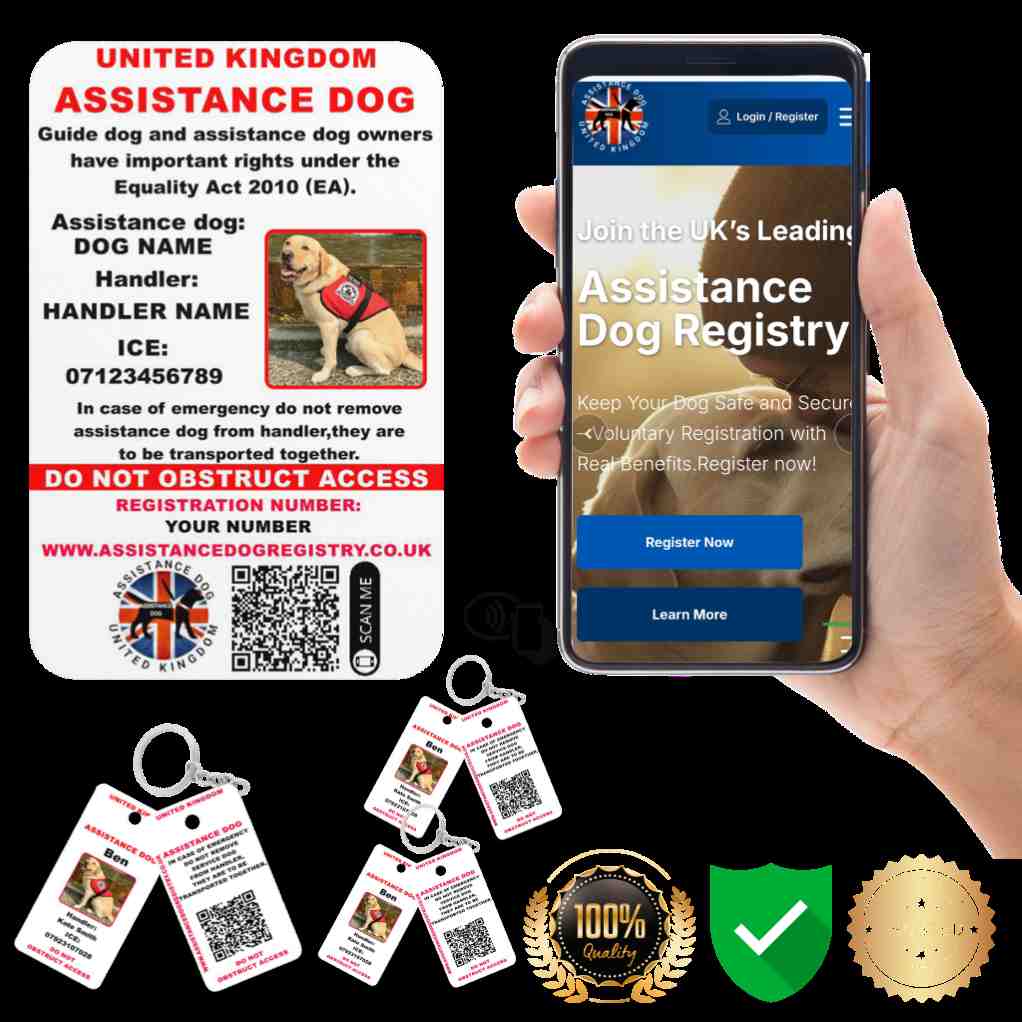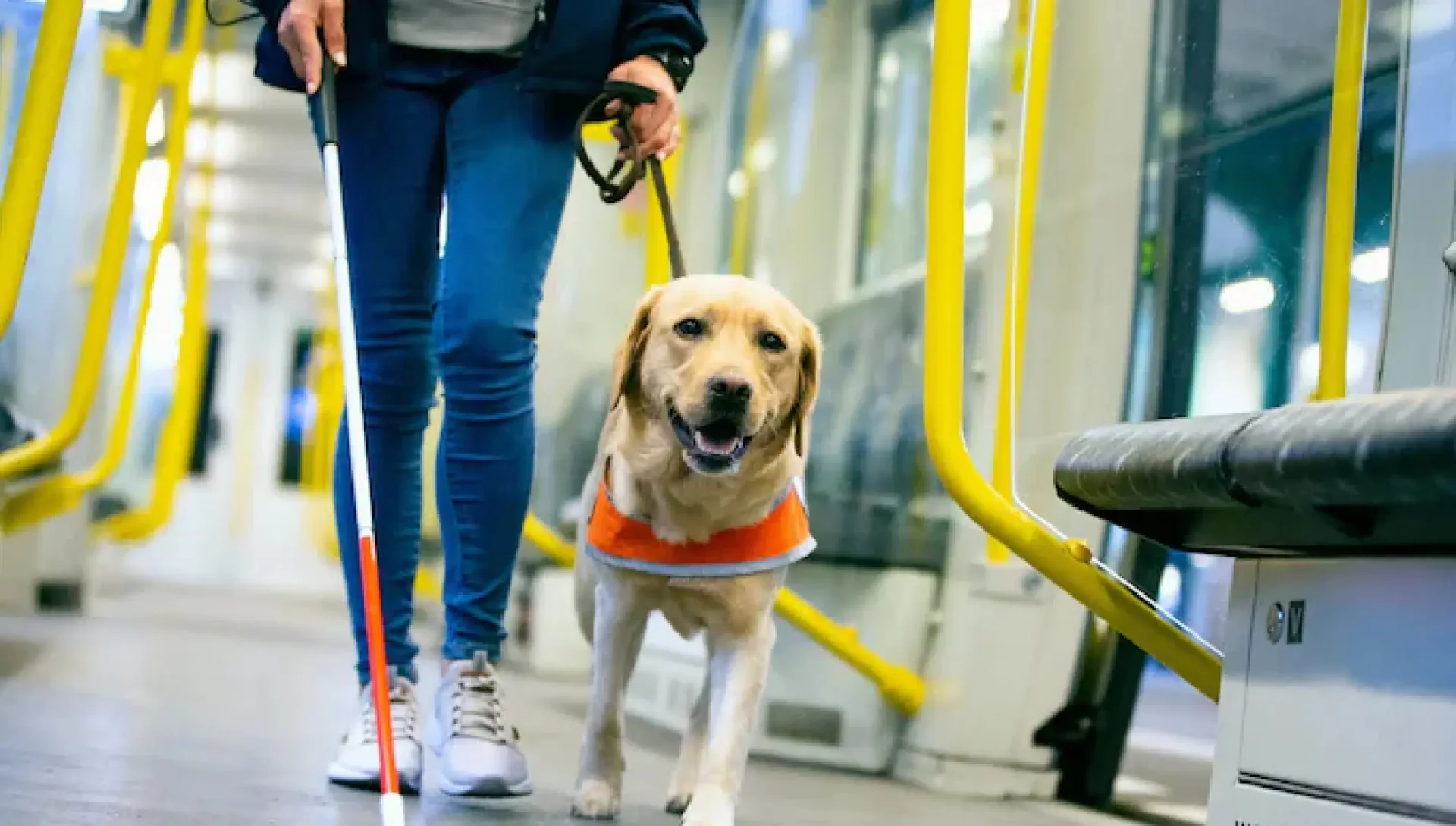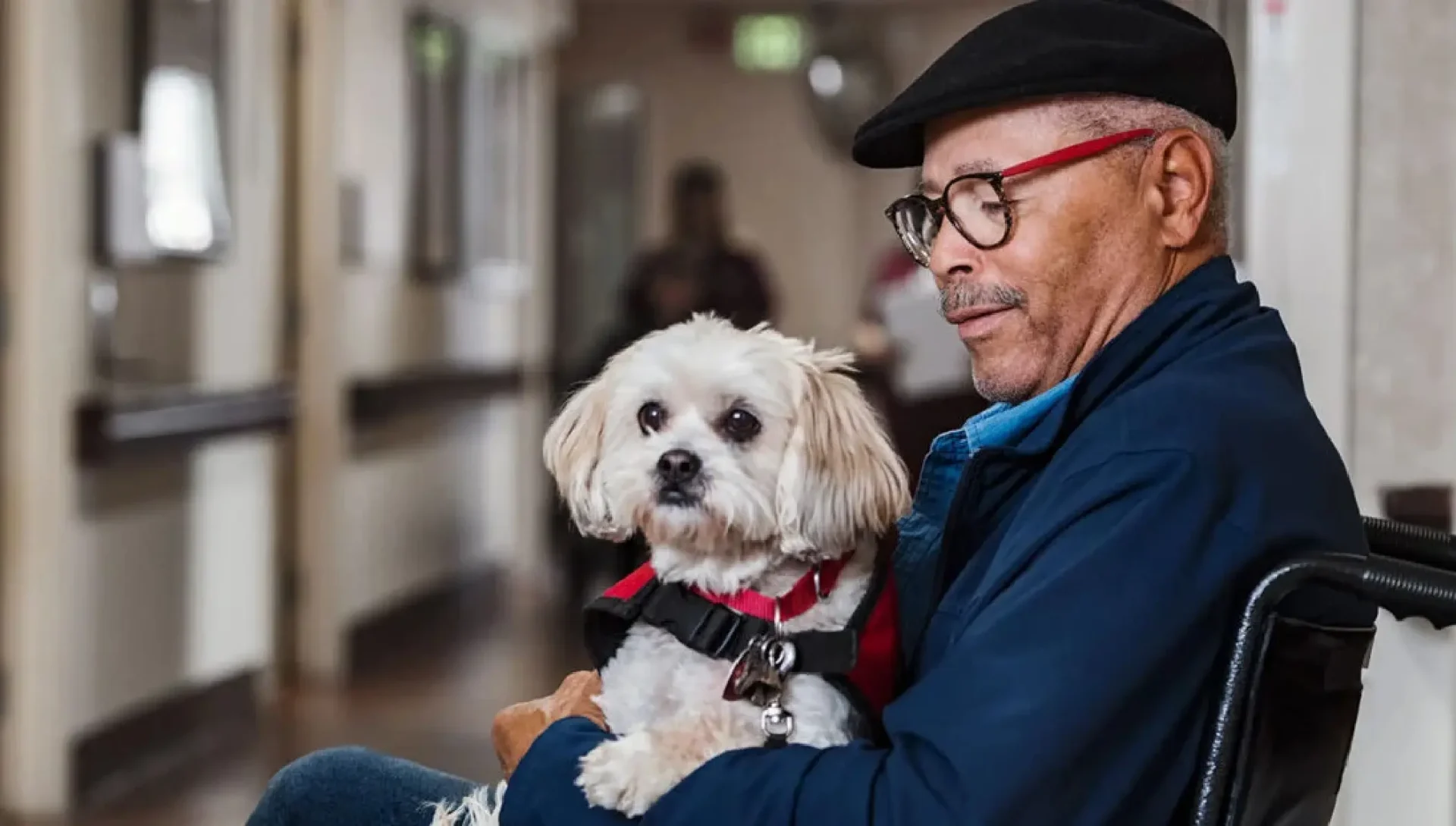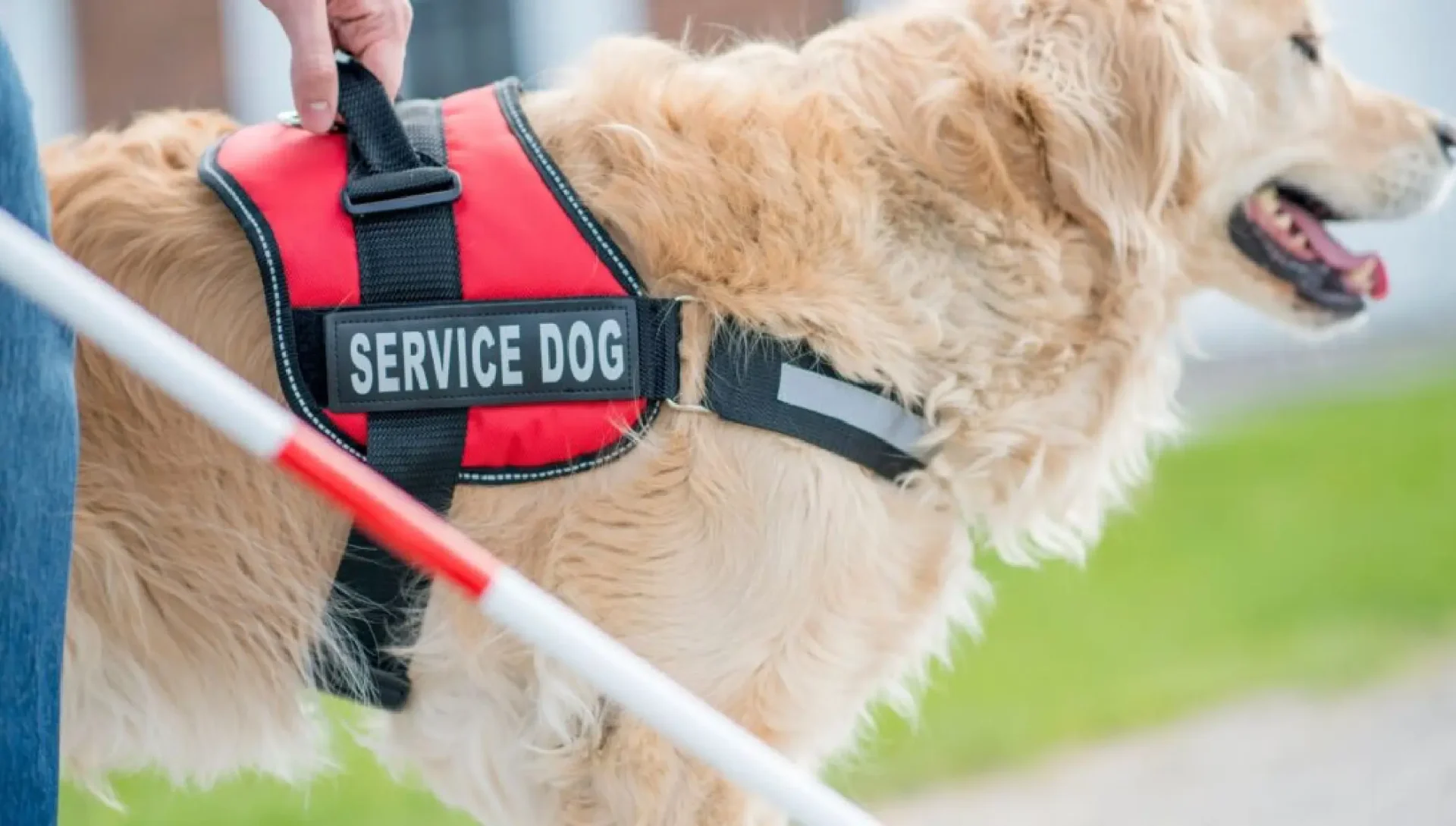
A Guide to the UK’s Assistance Dog Laws and Regulations
Assistance dogs provide critical support for individuals with disabilities, offering them increased independence and the ability to navigate the world more freely. In the United Kingdom, there are specific laws and regulations that safeguard the rights of assistance dog users, ensuring they can access public spaces and services without facing unnecessary barriers or discrimination. This guide explores the key legislation and rules that govern assistance dogs in the UK, with a focus on the legal protections offered to both the dogs and their handlers.

Equality Act 2010: The Legal Foundation
The Equality Act 2010 serves as the cornerstone for assistance dog laws in the UK. This legislation protects individuals from discrimination based on disability, and it recognizes assistance dogs as a crucial auxiliary aid for disabled individuals. Under this act, disabled individuals who rely on assistance dogs are granted specific rights that protect their access to public places, goods, services, and facilities.
The Equality Act requires businesses and service providers to make "reasonable adjustments" to accommodate disabled individuals. These adjustments extend to allowing assistance dogs into places where pets are typically prohibited, such as restaurants, retail stores, public transportation, and educational institutions. The act ensures that assistance dog users are not unfairly treated or denied services simply because they rely on an animal for support.
Public Access Rights: Where Assistance Dogs Can Go
One of the most important legal protections afforded to assistance dog users is the right to access public spaces with their dogs. This means that assistance dogs must be allowed to accompany their handlers into virtually all public areas, including:
- Shops and Retail Stores: Assistance dogs must be permitted in all types of stores, from large supermarkets to small boutiques, even if the store has a strict "no pets" policy.
- Restaurants, Cafes, and Pubs: Food establishments cannot refuse entry to assistance dogs. They must accommodate the handler and their dog, even in spaces where pets are normally prohibited.
- Hotels and B&Bs: Hotels and accommodation providers are legally required to allow assistance dogs to stay with their handlers, and they cannot charge additional fees for the dog’s stay.
- Public Transport: Assistance dogs are allowed on all forms of public transport, including buses, trains, trams, taxis, and planes.
- Healthcare Facilities: Assistance dogs must be granted access to hospitals, clinics, and other healthcare facilities, though there may be specific areas (like operating rooms) where access is restricted for health and safety reasons.
It is important to note that refusing entry to an assistance dog without a legitimate reason is considered a form of discrimination under the Equality Act. Businesses and service providers that violate these rules could face legal consequences, including fines and compensation claims from affected individuals.
Owner-Trained Assistance Dogs: A Unique Aspect of UK Law
A distinctive feature of the UK’s assistance dog laws is the recognition that assistance dogs can be trained by their owners, rather than exclusively through accredited organizations. This is significant because it broadens access to assistance dogs for individuals who may not be able to afford or access formal training programs.
Owner-trained assistance dogs can be just as effective as those trained by organizations, provided they meet high standards of behavior and are able to perform tasks that assist their handler’s specific needs. The process of training an assistance dog typically involves teaching them to perform tasks such as retrieving items, guiding their handler, alerting them to sounds, or providing physical support. In the case of owner-trained dogs, it is the responsibility of the handler to ensure that the dog is well-behaved in public, responds to commands reliably, and does not pose a threat or nuisance to others.
Reasonable Adjustments for Assistance Dog Handlers
The concept of "reasonable adjustments" is central to the protections provided by the Equality Act. For assistance dog users, these adjustments ensure that they can access services without facing unnecessary challenges. Some examples of reasonable adjustments include:
- Allowing Assistance Dogs in Pet-Free Zones: Whether it's a retail store, hotel, or public transport, businesses and service providers must permit assistance dogs, even in areas where pets are normally forbidden. This is because assistance dogs are recognized as auxiliary aids, not pets, under the law.
- Providing Additional Support: In some cases, additional assistance may be required, such as helping the handler navigate within a building or offering alternative services if certain areas are inaccessible to the dog.
- Training Staff to Handle Requests Appropriately: Businesses are encouraged to train their staff to recognize and accommodate assistance dog users. This includes understanding the rights of the handler and knowing how to provide appropriate assistance without causing embarrassment or inconvenience.
Businesses’ Responsibility and Legal Consequences
It is essential for businesses and service providers to comply with the legal requirements set out by the Equality Act. Failure to do so can result in legal action being taken against them. If a business refuses entry to an assistance dog or discriminates against the handler, the individual affected can file a complaint or seek legal recourse.
In addition to fines, businesses may be required to pay compensation for any distress, humiliation, or inconvenience caused by their failure to accommodate the assistance dog and its handler. The law aims to ensure that disabled individuals are able to participate fully in society without facing undue hardship or discrimination.
Assistance Dogs in Schools and Workplaces
The legal protections for assistance dog users also extend to educational institutions and workplaces. Schools, colleges, and universities must make reasonable adjustments to allow assistance dogs on their premises, ensuring that students with disabilities can fully participate in educational activities. Similarly, employers are required to accommodate assistance dogs in the workplace, provided that the presence of the dog does not pose a risk to health and safety.
In both educational and employment settings, the process of accommodating an assistance dog often involves creating a support plan that outlines how the dog will be integrated into the environment, what support the handler will need, and any potential challenges that may need to be addressed.
Conclusion
The UK’s laws and regulations surrounding assistance dogs provide strong protections for individuals with disabilities, ensuring they have equal access to public spaces, services, and employment opportunities. The Equality Act 2010 serves as the foundation for these protections, requiring businesses and service providers to make reasonable adjustments to accommodate assistance dog handlers.
Whether the assistance dog is owner-trained or professionally trained, the law recognizes the essential role these animals play in the lives of disabled individuals. By understanding and complying with these laws, both assistance dog users and businesses can help create a more inclusive society that supports the rights and needs of all individuals.
